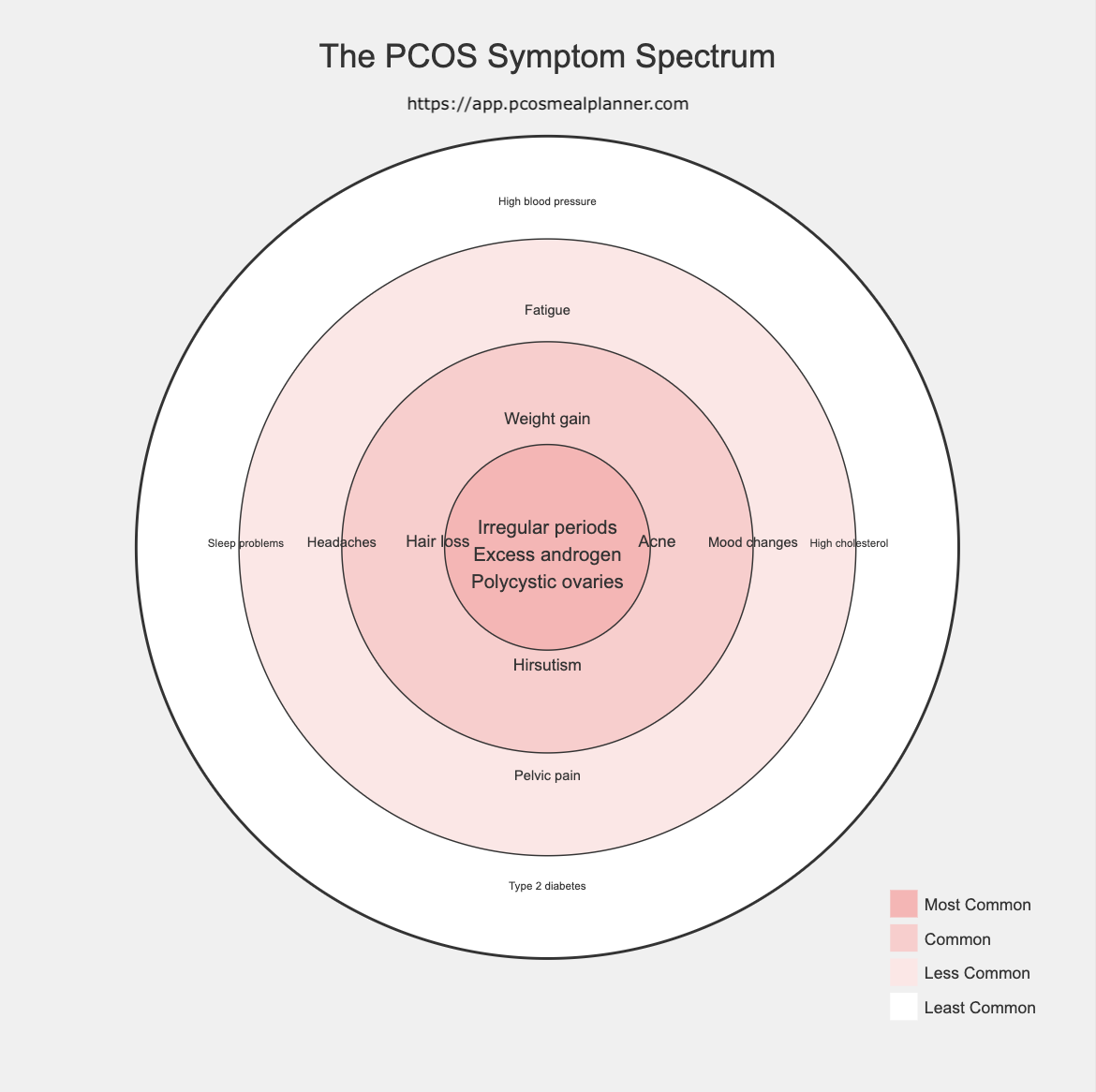Polycystic Ovary Syndrome (PCOS) affects many women and managing its symptoms can be challenging. However, certain herbal teas have been found to help alleviate some of the discomforts associated with PCOS.
This article explores various herbal teas that can benefit those with PCOS and improve overall well-being.
Spearmint Tea
Spearmint tea is known for its potential to reduce androgen levels in women with PCOS. Lowering androgen levels can help reduce symptoms like excess hair growth (hirsutism) and acne. Drinking spearmint tea regularly may also improve hormonal balance.
Green Tea
Green tea is rich in antioxidants, which can help reduce inflammation and improve insulin sensitivity. For women with PCOS, improving insulin sensitivity is crucial as it can help manage weight and regulate menstrual cycles.
Chamomile Tea
Chamomile tea is well-known for its calming effects, which can help reduce stress levels. Lowering stress is important for managing PCOS symptoms since high stress can exacerbate hormonal imbalances. Chamomile tea may also aid in better sleep, which is essential for overall health.
Cinnamon Tea
Cinnamon tea can help regulate blood sugar levels by improving insulin sensitivity. Stable blood sugar levels are vital for managing PCOS symptoms and reducing the risk of type 2 diabetes. Cinnamon also has anti-inflammatory properties that benefit overall health.
Ginger Tea
Ginger tea has anti-inflammatory properties and can help reduce pain and menstrual discomfort. It may also aid in digestion and reduce nausea, which can be beneficial for women with PCOS who experience gastrointestinal issues.
Licorice Root Tea
Licorice root tea can help balance hormones by reducing testosterone levels. Lowering testosterone levels can alleviate symptoms such as hirsutism and acne.
It is important to consult with a healthcare provider before consuming licorice root tea regularly, as it can have side effects and interactions with medications.
Dandelion Root Tea
Dandelion root tea supports liver health, which is important for hormone regulation and detoxification. A healthy liver can help process and eliminate excess hormones, improving overall hormonal balance.
Peppermint Tea
Peppermint tea can help reduce hirsutism by lowering androgen levels. It also has a calming effect, which can reduce stress and improve digestion. Drinking peppermint tea regularly can contribute to overall well-being.
Raspberry Leaf Tea
Raspberry leaf tea is traditionally used to support reproductive health. It can help tone the uterus, regulate menstrual cycles, and reduce menstrual cramps. This tea is beneficial for women with PCOS looking to improve their reproductive health.
Conclusion
Incorporating herbal teas into your daily routine can provide various benefits for managing PCOS symptoms. While herbal teas can support overall health and well-being, it is important to consult with a healthcare provider before starting any new herbal regimen.
Combining herbal teas with a balanced diet, regular exercise, and other healthy lifestyle choices can help manage PCOS symptoms effectively.

Extra Tip
Keep a journal of your symptoms and the herbal teas you try. This can help you track which teas work best for you and how they affect your PCOS symptoms over time.
How This Article Was Made
This article was created using reputable sources and scientific research on the benefits of herbal teas for managing PCOS symptoms. Key sources include:
